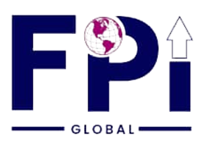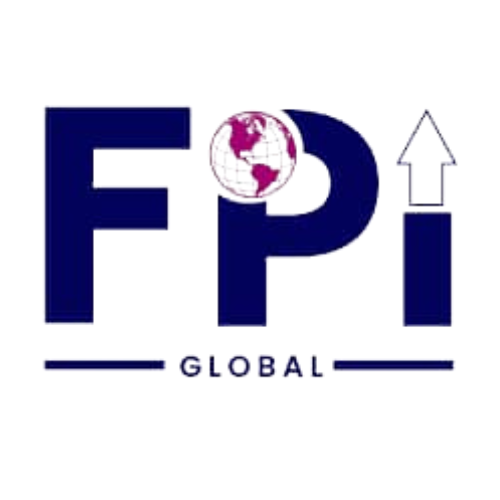Take Control of Your Financial Future
Financial stress is one of the most significant contributors to anxiety in the workplace. Employees grappling with debt, limited savings, and rising expenses often feel overwhelmed, leading to distractions, burnout, and reduced productivity.
At FPI Global, we understand that financial wellness is the foundation for a stress-free life. Through our Employee Assistance Program (EAP), we offer financial wellness workshops, counseling, and tools to help individuals regain control over their finances and plan for a better future.
Why Financial Wellness Matters
- 73% of employees report feeling financial stress, which impacts their work focus. (Source: PwC Financial Wellness Survey)
- Financially secure employees are more productive and less likely to experience stress-related health issues.
- Practical budgeting and debt management strategies can help individuals save for emergencies, reduce debt, and plan confidently for life milestones.
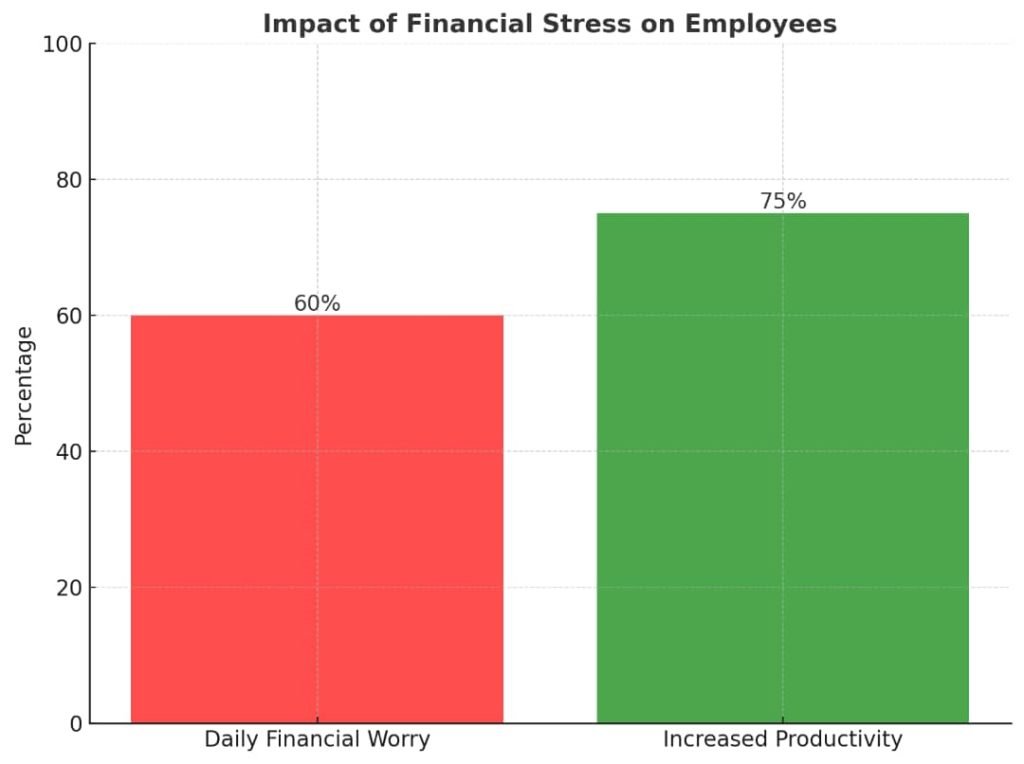
- Daily Financial Worry (60%): A significant percentage of employees experience financial stress regularly.
- Increased Productivity (75%): Many report improved performance after adopting effective budgeting habits.
This highlights the importance of financial wellness programs for enhancing employee productivity and reducing stress.
Top 5 Budgeting Tips for a Stress-Free Life
1. Start with a Simple Monthly Budget
A budget isn’t restrictive—it’s a freedom tool that gives you control over where your money goes.
- List all your monthly income (salary, bonuses, etc.).
- Track expenses (fixed costs like rent, utilities, and variable costs like dining or entertainment).
- Use the 50/30/20 rule:
- 50% for needs (housing, food, transportation).
- 30% for wants (entertainment, hobbies).
- 20% for savings and debt repayment.
Example: Sarah, an office manager, cut her entertainment spending by 10% and saved an additional $200 each month, building an emergency fund within six months.
2. Prioritize Debt Repayment
Debt often feels like a heavy burden, but with the right strategy, you can reduce it faster:
- Focus on high-interest debts first (e.g., credit cards).
- Use the Snowball Method: Pay off the smallest debt first to build momentum.
- Consolidate debts to reduce interest and streamline payments.
“Paying down debts isn’t just about numbers—it’s about relieving stress and reclaiming your peace of mind.”
Pro Tip: Consult a financial counselor through FPI Global’s EAP to develop a personalized debt repayment plan.
3. Build an Emergency Fund
Life is unpredictable—unexpected expenses like medical bills or car repairs can derail your finances. Start small:
- Aim to save 3-6 months’ worth of expenses in an emergency fund.
- Set up an automatic transfer into a savings account to make saving effortless.
Example: John, a graphic designer, saved $50 a week into a high-yield savings account. Within 8 months, he had $1,600 ready for emergencies.
4. Track Your Spending Habits
Small expenses add up quickly. Monitoring your spending helps you identify “leaks” in your budget.
- Use budgeting apps or spreadsheets to track daily expenses.
- Review your expenses weekly to adjust and prioritize.
Tip: Track your coffee or dining-out expenses for a month—you’ll be surprised by how much you can save by making small changes!
5. Save for Goals and the Future
Financial wellness isn’t just about surviving—it’s about thriving!
- Identify short-term goals (vacation, a new gadget) and long-term goals (home ownership, retirement).
- Open dedicated savings accounts for each goal.
- Take advantage of employer-sponsored retirement plans like 401(k) or savings options.
Example: Saving $10 a day consistently for a year equals $3,650—a substantial contribution toward a goal like a family vacation or a down payment!
How FPI Global’s Financial Wellness Workshops Can Help
At FPI Global, we empower employees with:
- Personalized Financial Counseling: Experts guide you on budgeting, savings, and debt management.
- Interactive Workshops: Covering financial literacy topics like saving for retirement, managing credit, and setting goals.
- Tools and Resources: Access practical templates, apps, and action plans to make financial success achievable.
Take Charge of Your Financial Well-being Today
Financial peace isn’t just a dream—it’s a reality waiting for you to take action. Our EAP financial wellness programs help employees like you build confidence, reduce stress, and achieve long-term stability.
📞 Ready to Take Control of Your Finances?
Explore how FPI Global’s Financial Wellness Workshops can help you achieve peace of mind and financial freedom.
🔗 Learn More or Schedule a Workshop
🖥️ Visit: www.fpiglobalinc.com
#FinancialWellness #BudgetingTips #DebtFreeLiving #FPIGlobalEAP
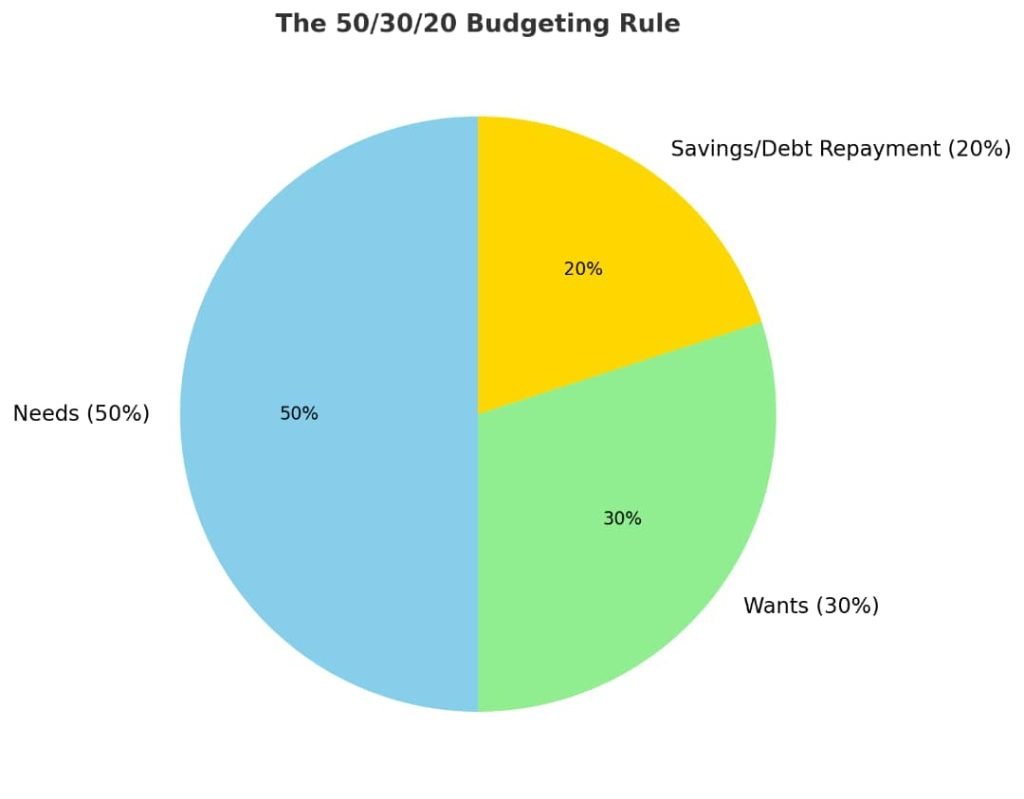
- 50% for Needs: Covers essentials like housing, groceries, and transportation.
- 30% for Wants: Allocated for leisure and non-essential expenses.
- 20% for Savings/Debt Repayment: Focused on emergency funds, goals, and reducing debt.
This simple budgeting rule helps manage finances effectively and achieve financial stability.
This simple rule helps employees allocate their income effectively, ensuring financial stability and peace of mind.
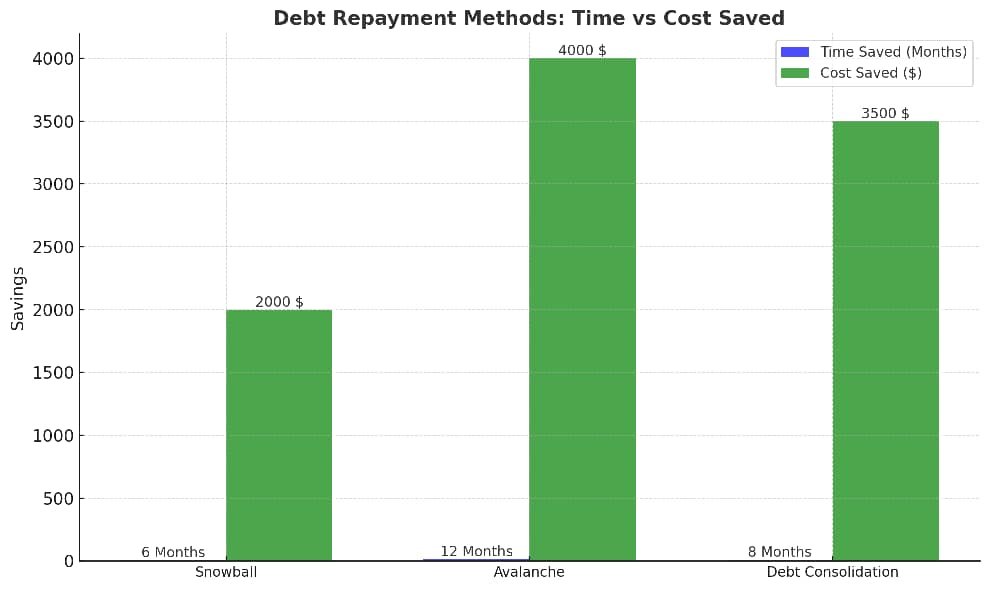
- Snowball Method: Saves 6 months and $2,000, focusing on paying off smaller debts first.
- Avalanche Method: Saves 12 months and $4,000 by prioritizing higher-interest debts.
- Debt Consolidation: Saves 8 months and $3,500 through a streamlined repayment plan.
This visualization highlights the time and cost benefits of different debt repayment strategies.
Insight:
The Avalanche Method saves the most time and money, making it ideal for high-interest debt. However, the Snowball Method builds momentum and emotional wins for smaller debts.
